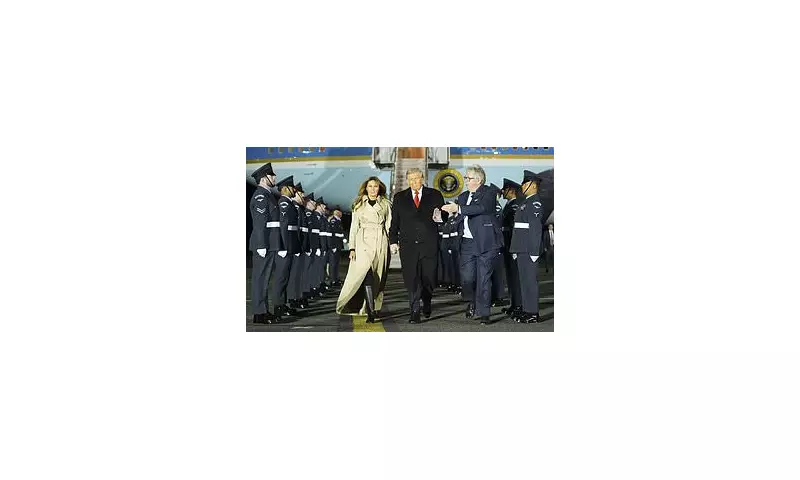
A new bombshell poll for the Daily Mail has revealed that the British public is staunchly against the idea of rolling out the red carpet for a state visit by former US President Donald Trump.
The survey indicates that such a move would be deeply unpopular, with a significant majority of voters expressing their opposition. The findings present a major diplomatic and public relations challenge for the government and the Royal Family, should plans for a grand tour be considered.
Public Sentiment Overwhelmingly Against Visit
The data paints a clear picture of national sentiment. A substantial portion of the electorate believes that a Trump state visit would be inappropriate, citing concerns that range from the immense security costs to a desire to avoid associating the monarchy with such a divisive figure.
This public resistance suggests that any official invitation would likely be met with widespread criticism and potentially large-scale protests, echoing the demonstrations that marked his previous trip to the UK.
A Diplomatic Dilemma for the Palace and PM
The poll results place Buckingham Palace and Downing Street in a delicate position. While fostering strong ties with the United States is a cornerstone of British foreign policy, this must be balanced against the will of the people and the need to maintain the Royal Family's apolitical stature.
The prospect of a state visit—complete with a royal banquet and a carriage procession—is now fraught with political risk, potentially drawing the King into the centre of a contentious international debate.
The Legacy of Past Visits
Mr. Trump's previous visits to the UK were met with some of the largest protests in recent memory. The thought of a full state visit, with all the pomp and ceremony it entails, is therefore a deeply unsettling prospect for many Britons who view his political style as conflicting with British values of decorum and stability.
This poll acts as a stark warning to policymakers: the British public is not prepared to welcome the former President with open arms, setting the stage for a potential clash between diplomatic tradition and modern public opinion.






